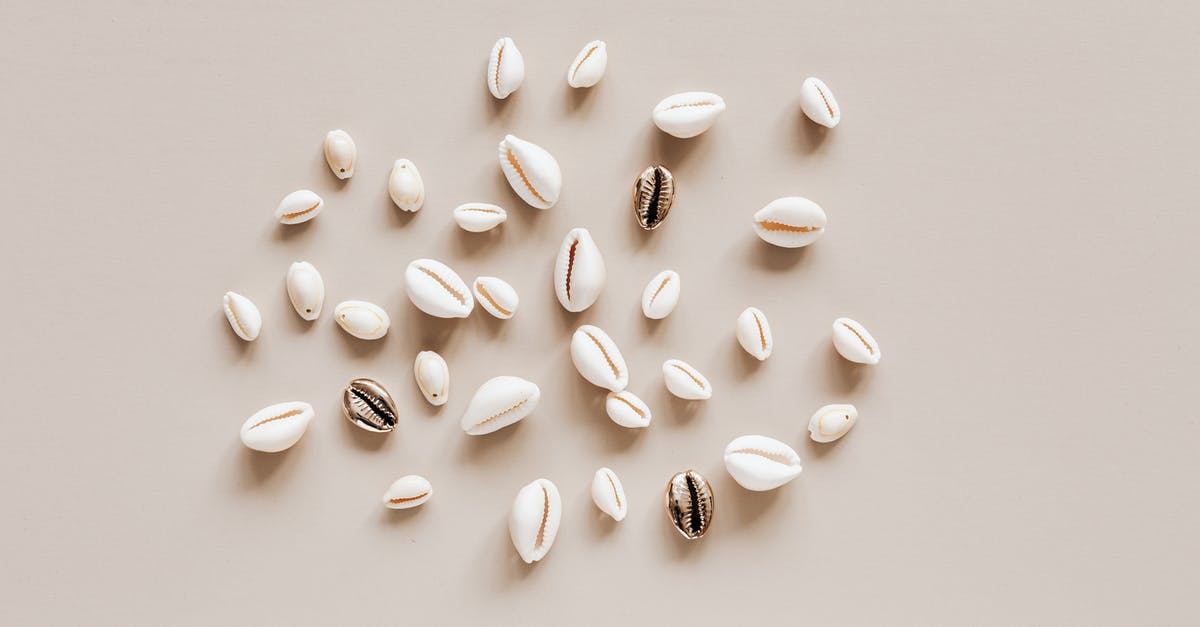My sauerkraut brine seems slightly slimy but the batch otherwise seems normal--is it ok?

Recently I started a batch of sauerkraut, the first after several years. Unlike my previous batches this one is much smaller (half a head of cabbage, as opposed to several full heads), uses Morton's Kosher salt as opposed to sea salt, and fermentation was started in a large bowl as opposed to a crock.
Today I received a new crock, and transferred the batch from the bowl into the crock. The sauerkraut is about 72 hours old, and seems to be progresssing and expected--however as I transferred the kraut I noticed that the brine appeared slimy as it dripped. Aside from it's appearance when dripping it seems normal (I tasted a small amount, it smells like it should, and when the brine is standing still it appears normal. I also ran some of the extra brine through my fingers and it didn't feel slimy).
I'm curious if this is normal--perhaps either because the the kraut is relatively young (at only 3 days), or perhaps because of using "plain" kosher salt which may have additives such as anti-caking agents. Or perhaps it is perfectly normal and I've just never noticed it before, as I've never transferred a batch between vessels before.
Best Answer
In general, slimy brine is indicative of a fermentation problem. Your brine might be too weak (what concentration did you use?), it may be too warm, your brine might not cover the vegetables, there might be some air bubbles trapped in your ferment.
This article suggests that in the early days of sauerkraut fermentation, the concentration of slime forming bacteria - Leuconostoc - is relatively high and towards the end of fermentation it's too small to measure. It doesn't say anything about slimy brine, but it's possible that the brine is temporarily slimy in the early days of fermentation and as the acidity increases it dissipates. I've never checked a ferment this early, so I can't comment on it.
Personally, I would let it continue to ferment for a week or two and then see whether the perceived sliminess has dissipated or increased. It's possible that it's too early to tell. Slimy vegetables, without a doubt, should be discarded.
References
Pictures about "My sauerkraut brine seems slightly slimy but the batch otherwise seems normal--is it ok?"



Quick Answer about "My sauerkraut brine seems slightly slimy but the batch otherwise seems normal--is it ok?"
In general, slimy brine is indicative of a fermentation problem. Your brine might be too weak (what concentration did you use?), it may be too warm, your brine might not cover the vegetables, there might be some air bubbles trapped in your ferment.Why did my brine get slimy?
Why Is My Brine Slimy? Fermented vegetables brines can become sticky or slimy, but this phenomenon is safe. It is caused by harmless bacteria.Why did my sauerkraut get slimy?
Sauerkraut with thick, stringy, slimy brine occasionally develops early on in the fermentation process due to the production of dextrans by rapidly growing strains of Lb. cucumeris and Lb. plantarium bacterium.How can you tell if sauerkraut has gone bad?
A big red flag when your kraut has gone bad is the smell- a weird off-smelling yeasty or moldy aroma. If it is emitting a strong odor, do not eat it and throw it away. In addition to the smell, if your kraut has become a different color or texture, throw it away.Can you get botulism from homemade sauerkraut?
Will lacto-fermented pickles or sauerkraut give you botulism? No. Fermenting foods creates an environment that botulism doesn't like.How to tell if your Sauerkraut has gone bad!
More answers regarding my sauerkraut brine seems slightly slimy but the batch otherwise seems normal--is it ok?
Answer 2
After my 4th batch, I noticed the same thing: the kraut itself is crispy and tasty, but the liquid is like okra, mucilaginous. My problem with this batch of 3 quarts (mason jars with airlocks on each) was the brine covered the kraut, but when the cabbage floated upwards in the jar, the brine did not fully cover the kraut any longer, but I didn't catch it until 2 weeks into the 4 week process. It began fermenting, pushed brine out of the airlocks, but somehow pushed too much out and when it settled down, there was not enough. I opened the jars, took off the top layer which was orange/beige, added 3% brine to cover and replaced the airlocks. No further bubbling occurred. When I opened it again 2 weeks later, everything was still under the new brine, smelled great, tasted great, and I refrigerated it. I only noticed it a week later when we opened the jar again. Also, I did not use the outer cabbage leaf to cover the kraut in the jar, which held down the kraut better in my first batch. We have been eating the kraut, no stomach problems, no bad flavors, actually enjoying the flavor. Hope this helps.
Answer 3
I got a viscous slimey sauerkraut brine in a quart size mason jar batch. It's at the 10 day point in fermenting and it is on the heavier salted side (2 tablespoons of seasalt). It's been fermenting at approx. 68 degrees f., and still bubbling a tiny bit. Whereas the lighter salted jars has no more bubbling and no viscous slime. I think it''s because of it being more salted; contrary to one commenter''s conclusion that it would be because of not enough salt. No that's not it, it doesn't happen to my very very lightly salted batches. Anyway I just put more water in it, make sure the cabbage is covered, I'm sure in another week or two it will be just fine.
Answer 4
I've made about 10 batches of sauerkraut in past year in a Harsch crock, and the latest turned a little slimy. I've been reading about it online a bunch. I haven't found any clear answers, but the best I've found is that sliminess seems to come from having too much oxygen in the process. This would match my experience in this last batch because I forgot to put water in the water trap for the first couple of hours of fermentation.
Answer 5
I recently made a batch of kimchi and had the same experience - slimy looking brine. That said, I had added red pepper slices (which was new for me).
The kimchi tasted normal and I ate it and experienced no ill-effects.
I say it's good. IANADr
Edited to add: Here's a link to a dealing with fermented food that may have problems. It doesn't directly address the slimy water, but could be valuable.
Sources: Stack Exchange - This article follows the attribution requirements of Stack Exchange and is licensed under CC BY-SA 3.0.
Images: John Guccione www.advergroup.com, brotiN biswaS, Karolina Grabowska, Frans van Heerden
